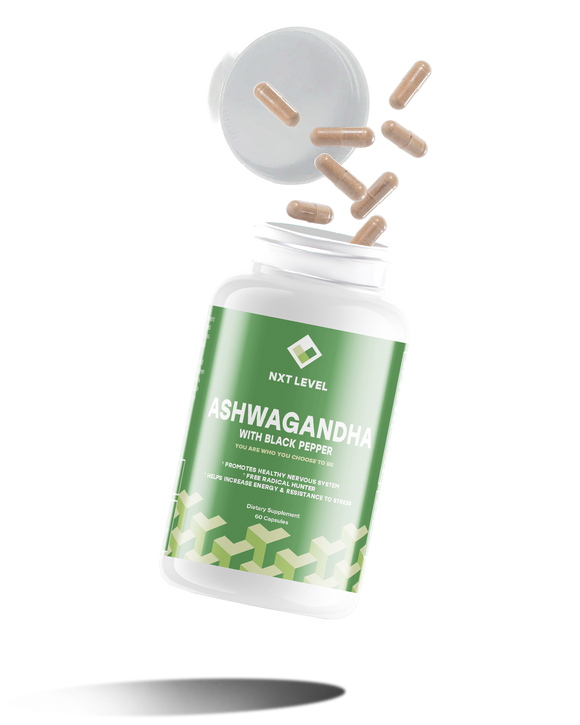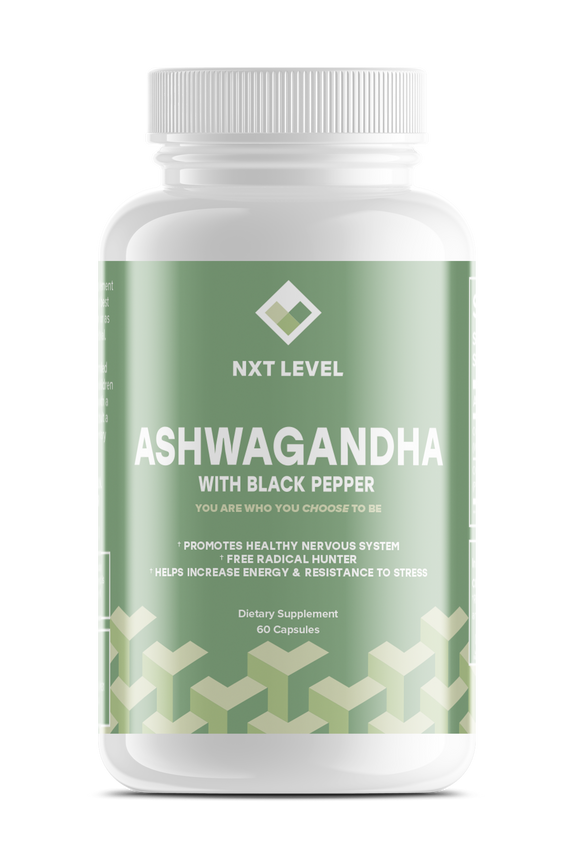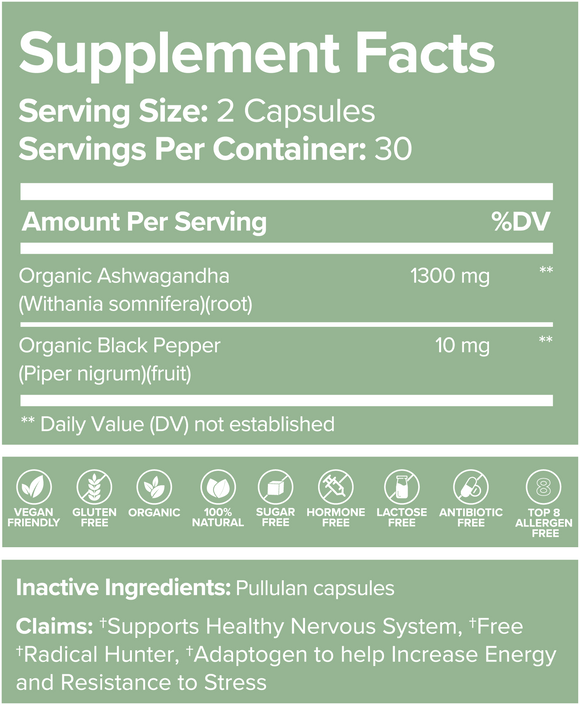WHAT IS ASHWAGANDHA?
Ashwagandha (Withania somnifera) is an herb commonly used in Ayurvedic medicine, a traditional system of medicine originating from India. Also known as Indian ginseng, ashwagandha has been used for centuries to improve physical and mental health, and as an adaptogen to help the body cope with stress. In the Fitness industry there are also many claims and even studies that show a correlation between use of Ashwagandha and an increase in strength and performance.

WHAT ARE THE BENEFITS OF ASHWAGANDHA?
✅ STRESS REDUCTION
Ashwagandha has been shown to reduce cortisol levels, a hormone produced by the adrenal gland in response to stress. In a randomized controlled trial, ashwagandha supplementation resulted in a significant reduction in cortisol levels compared to placebo in adults with chronic stress. (Chandrasekhar, Kapoor, & Anishetty, 2012)
✅ IMPROVED COGNITIVE FUNCTION
Ashwagandha may improve cognitive function, including memory and information processing speed. A study on healthy adults found that ashwagandha supplementation improved reaction time, task performance, and attention compared to placebo. (Choudhary, Bhattacharyya, & Bose, 2017)
✅ ANTI-INFLAMMATORY EFFECTS
Ashwagandha has been shown to have anti-inflammatory effects in the body. In a randomized controlled trial, ashwagandha supplementation resulted in a significant reduction in C-reactive protein (CRP), a marker of inflammation, compared to placebo in adults with arthritis. (Kumar, Kumar, & Gupta, 2016)


✅ LOWERED BLOOD SUGAR LEVELS
Ashwagandha may have a hypoglycemic effect and improve insulin sensitivity in people with diabetes. In a randomized controlled trial, ashwagandha supplementation significantly reduced fasting blood glucose levels and HbA1c, a long-term marker of blood sugar control, compared to placebo in adults with type 2 diabetes. (Mishra, Singh, & Dagenais, 2015)
✅ REDUCED ANXIETY AND DEPRESSION
Ashwagandha may have anxiolytic and antidepressant effects. In a randomized controlled trial, ashwagandha supplementation resulted in a significant reduction in anxiety and depression scores compared to placebo in adults with anxiety and depression. (Cooley, Szczurko, & Mills, 2009)










